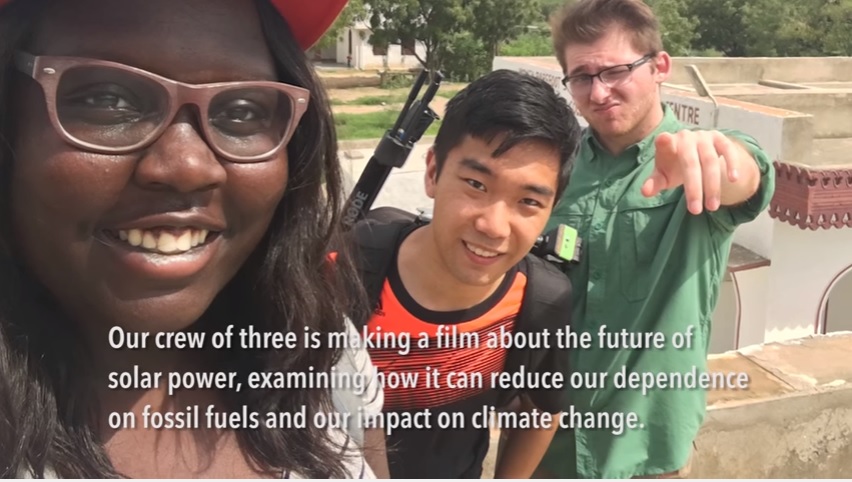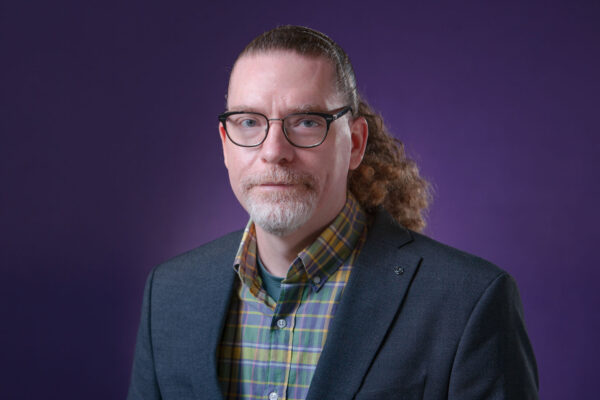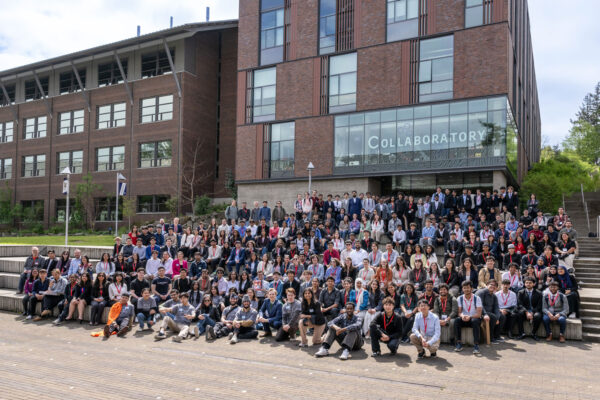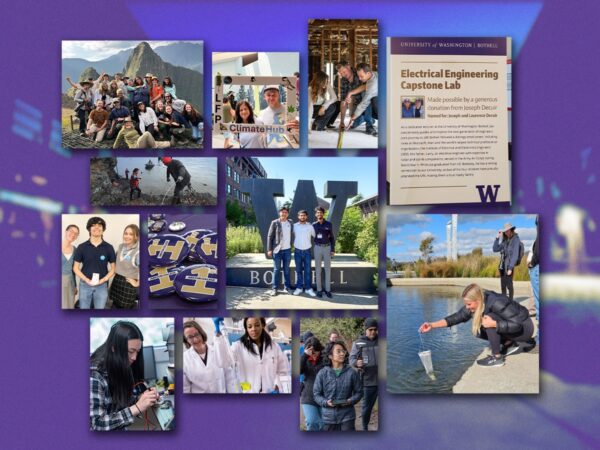
By Jama Abdirahman
UW Bothell senior Tommy Tang plans to graduate in the spring with a media and communication studies degree. But before he does, he hopes to win a climate change documentary film competition and travel to the United Nation's COP22 conference in Marrakech, Morocco, to serve as a member of their social media staff.
Tang was part of a three-person film crew that participated in a film competition by Tvebiomovies. The not for profit works with filmmakers and partners worldwide to make and distribute films that put the environment and sustainability on the global agenda.
The crew included Tang, Audrey Seda from Eastern Washington University and Tommy Ferguson from Seattle Pacific University. They traveled to India this summer and worked on the documentary which focuses on the social, environmental and economic good that solar power can bring.
Tang says he and his his team have done the heavy lifting, now he needs the community to simply view their video trailer. The trailer with the most views wins.
What was it like getting started?
Going there as a filmmaker, it was pretty exciting. This is the first time I ever traveled out of the country doing a project of my own. It was great going to India with my co-director and one production assistant for a project that was entirely under our control. The locals were really helpful with getting us to where we needed to go.
What were some of the challenges you faced?
It was challenging to coordinate and interview people due to the difference in language. Language barriers never really have been a problem for me in the United States. I speak English and everyone I've worked on films with spoke English. Even though I had studied up on basic Hindi before I went, there was a still a level of miscommunication especially since a majority of the people there spoke broken English or very little English at all. A lot of what we got done was done through Google translate or just using wild hand gestures and me poorly pronouncing what little Hindi I knew.
How did UW Bothell prepare you for this trip?
The most important thing I learned at UW Bothell, is the appreciation for diversity. For instance, I knew nothing of Middle Eastern or South Asian culture. I took a class on Pakistan for one of my credits here. I found that a lot of the cultural things I learned in that class actually also applied to India as well. It definitely helped during this trip.
What was your experience while working on this documentary?
This was the first time I ever went to India. It was also the first time I went to a rural area in a developing country. I've been to China before, but I only stayed in the urban areas. There's definitely a lot of conveniences that we enjoy and take for granted here in the United States that aren't necessarily available to most of the world. We stayed in one of the nicer parts of the Barefoot College campus. Where we stayed was a space that was supposed to be reserved for guests and was designed to accommodate them more. Even then, it was so basic by most Western standards. For instance, in the entire bathroom there was only one drain and one faucet with running water leading into it.
What’s the goal of your documentary?
The purpose of any documentary film is to show the viewer, who’s on their couch staring at a screen, what it's like to live in the shoes of someone who lives a very different life from them. I learned to appreciate the cultural differences more and not to think of them as strange or foreign, which is easy to do when you're witnessing another culture. This is why I think documentary film is important.
You can help: View Tommy's trailer and share the video. The trailer that generates the most views wins. Tommy and his team are hoping for a win that will provide enough funds to return and finish the film.


